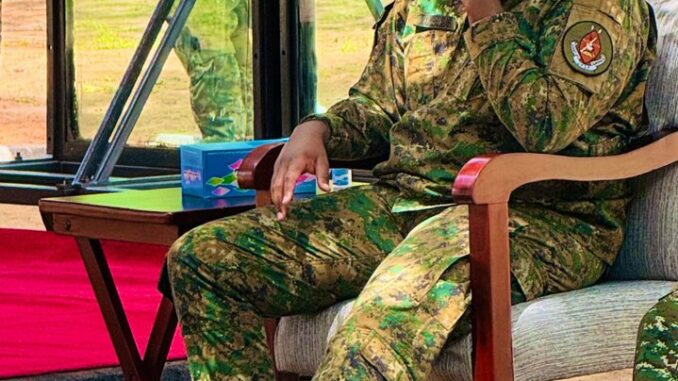
Uganda’s sudden decision to suspend all military cooperation with Germany signals a sharp turn in what has long been described as a relationship built on mutual respect and security collaboration.
Citing alleged “subversive activities” by German Ambassador Mathias Schauer, the Uganda People’s Defense Forces (UPDF) announced the measure on Sunday, May 25, intensifying an already fraught diplomatic environment. While specifics remain vague, UPDF spokesperson Chris
Magezi asserted that intelligence reports had linked the envoy to covert interactions with elements deemed hostile to the Ugandan state.
This rupture in bilateral ties follows escalating tensions between Kampala and European diplomatic missions, with Germany at the centre of Uganda’s suspicions. Just days prior, the army accused several Western embassies of lending support to opposition factions perceived as destabilizing. Local media reports suggest that Ambassador Schauer expressed criticism of controversial online statements by General Muhoozi Kainerugaba, the president’s son and head of the Ugandan army, during a recent meeting with President Museveni’s brother. The remarks, reportedly candid, may have compounded the mistrust already brewing between the two nations.
Germany has yet to issue a formal response, though its embassy in Kampala has thus far maintained public silence. The move casts uncertainty over the future of a decades-long partnership, underpinned by defense engagements and economic ties valued at approximately $335 million in trade last year. With presidential elections looming in Uganda and a widening rift between the government and international actors, this diplomatic standoff may well mark the beginning of a recalibration in Western engagement with the East African nation.
